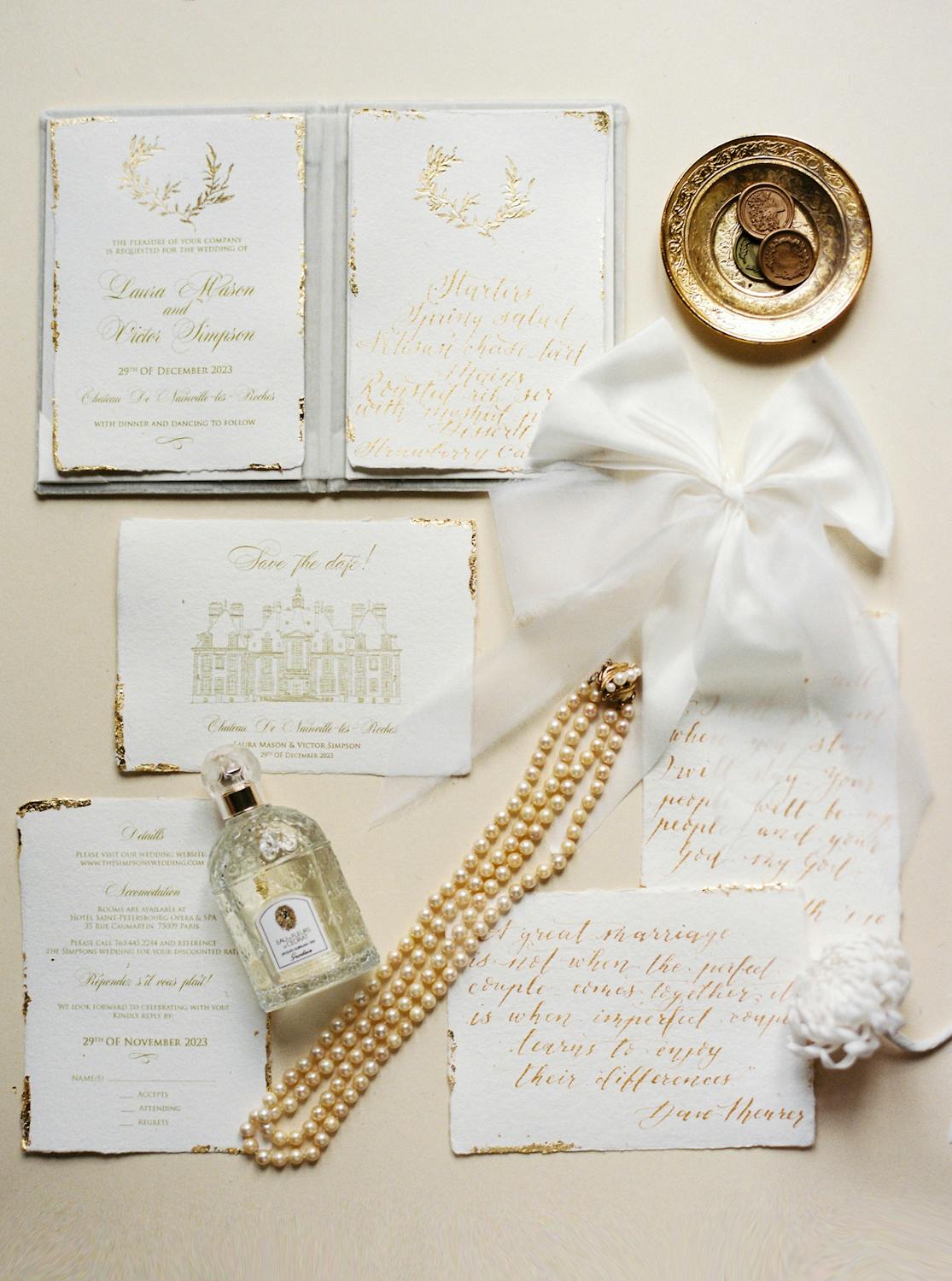I’ll admit — when we got engaged, I thought wedding planning would be like reserving a chalet: pick a date, order some food, make sure we have enough chairs.
I was wrong.
Two months in, I found myself debating between ivory and cream napkins (apparently they’re not the same colour), reviewing cake designs like I was judging Masterchef Singapore and googling the difference between peonies and ranunculus at 1am on a Tuesday.
Now, if you’re a groom-to-be wondering how involved you should be in wedding planning, let me offer you this: you don’t need to be in control of everything, but you should care about everything. There’s a difference.
Here’s what I learned.
1. Start With the Big Picture
My wife (then fiancée) and I sat down one weekend over a simple kopi and kaya toast and made a list of what we both cared about. For her, it was the dress, the photos and the overall aesthetic of the big day. For me, it was the music [17. What Kind of Music Should We Play at Our Wedding?], the food (of course) and making sure our friends had a good time.
We divided responsibilities from there. She handled floral arrangements [51. Floral Arrangement trends for weddings (2025) in Singapore] while I took charge of the band and worked with the hotel on menu options. She led the aesthetic choices; I handled logistics.
You don’t need to be in every vendor meeting. But be present for the decisions that matter to both of you.
2. The RSVP Spreadsheet Is a War Zone — Enter It Bravely
In Singapore, managing the guest list is like a strategic operation. Your mum wants to invite ten of her former colleagues. Her dad is requesting a table for his golf (drinking) kakis. You’ll need to know who’s attending, who needs vegetarian options, and which cousin has a plus-one who’s definitely not invited.
Grooms: own this task. Be the spreadsheet guy. You’ll earn major points and it shows you’re not just showing up for the free-flow.
3. Be the Bridge, Not the Bystander
Weddings often mean balancing families, traditions [33. Chinese Wedding Traditions in Singapore], and sometimes… clashing opinions. From tea ceremony [41. Tea Ceremony Norms in Singapore] protocols to whether your mum is okay with a garden solemnisation instead of a ballroom dinner — sometimes, you’ll be the middleman.
Step up, communicate gently, and handle sensitive situations with respect. Trust me, being the calm one in a sea of wedding nerves is a skill your future wife will never forget.
4. Offer Opinions — Even If It’s “I Trust You”
There were moments when my wife asked things like, “Do you prefer blush or dusty rose?” My instinct was to say, “Anything you want, dear.”
But here’s what I realised: sometimes, she didn’t want me to choose — she just didn’t want to feel like she was planning it alone. Even a thoughtful “I like blush, it’s softer” makes her feel like you’re part of it.
5. Show Up for the Moments That Matter
Be there when she tries on dresses [47. Different Wedding dresses for different body types]. Give feedback on invites. Write your vows early (don’t leave it to the night before — I’m speaking from experience) and yes, be ready to run errands, chase vendors and help pack the door gifts if needed.
It’s your day too — don’t treat it like someone else’s project.
⸻
So how involved should the groom be? Enough to know what’s happening. Enough to care. Enough to be her partner, not just her plus-one.
You don’t need to micromanage the table settings or curate the playlist for the afterparty. But you do need to be dependable, present and proud of the day you’re building together.
Because trust me, when she walks down the aisle and sees you standing there, she won’t just be marrying the love of her life. She’ll be marrying her teammate.



Comments